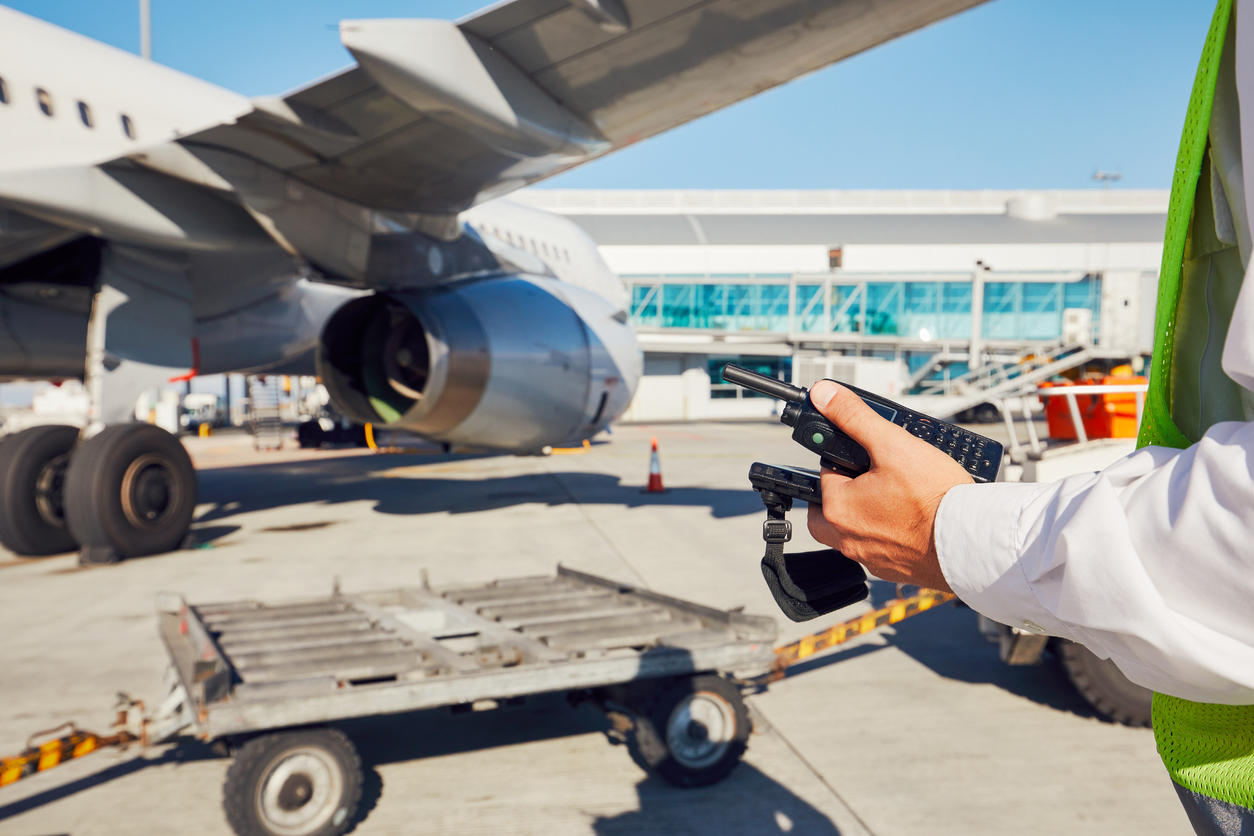The Security Challenges of Aviation in Ghana
The Security Challenges of Aviation in Ghana
The global aviation industry is growing rapidly. In 2016, the number of commercial airplane flights exceeded one billion for the first time in history. In that same year, the global demand for air travel was forecasted to grow by 5.9% annually through 2021. In fact, there are more than 25 million people who fly every single day. As airlines continue to grow, so do airports as well as related services like maintenance and ground handling. This presents a unique opportunity for many countries around the world, including Ghana. However, with great opportunities come great risks – especially when you’re talking about one of the most high-profile and accessible modes of transportation in the world today. According to the International Civil Aviation Organization (ICAO), there were 617 recorded aviation security incidents in 2017 alone. Considering that most people only hear about major incidents on planes or famous celebrities getting caught with a small knife in their carry-on bag, we can only imagine how concerning these figures actually are.
The Global Problem with Aviation Security
Aviation security is a difficult and complex process that involves a lot of stakeholders from airlines to airports and governments. The problem is that many of these stakeholders have different priorities and interests, making it difficult to create a strong and unified ecosystem that can protect passengers and crew members from potential threats. While the majority of the incidents that occur on commercial airplanes are low-level, including passengers being found with small amounts of prohibited items or even human error, a small percentage of these incidents are large-scale. For example, there have been many cases where airplanes have been hijacked and used for terrorist purposes, including 9/11 where two airplanes were flown into the Twin Towers in New York City, killing more than 2,977 people. These high-level threats are more concerning than low-level threats because the number of people who could be affected is much larger. Moreover, the impact of these attacks could have a huge financial impact on the airline industry and have a negative effect on the economy. In fact, because of the importance of the aviation industry and the security challenges that affect it, many countries are now focusing more on improving aviation security.
Why Is Aviation Security so Important?
As we’ve already discussed, there are many different threats at airports and on airplanes. However, there are some threats that are more concerning than others. Generally, these threats are those that could result in a high number of casualties and have a significant financial impact. For example, one of the main concerns when it comes to aviation security is the threat of explosives being used on airplanes. This is mainly because explosives can be very harmful and can cause many different types of injuries. Injuries from explosions can cause damage to both soft and hard tissues in the body. This could include damage to the skin and tissues underneath the skin, muscle, fat, and blood vessels. Explosions can even cause damage to internal organs. This can be very serious and even lead to death in some cases.
Ghana’s Security Challenges in the Aviation Industry
Ghana’s aviation sector is growing at a rapid rate. In fact, The International Air Transport Association forecasts that there will be 4.8% growth in the number of passengers travelling by air in Ghana between 2018 and 2021. As the sector continues to grow, so will the associated security challenges. There are many challenges in the aviation industry in Ghana, but one of the biggest is the lack of funding. The government doesn’t have enough money to invest in the aviation sector, which means that the country’s security infrastructure is very weak. This means that the aviation sector’s security practices are outdated and there are many vulnerabilities that could be exploited by criminals and other malicious actors. The government will need to make investing in the aviation sector a priority if it wants to continue to grow as a hub for international travel. This means that there will need to be an increased focus on security. The government will need to find ways to fund this sector and ensure that all airports in the country have the proper security features in place.
Conclusion
The aviation industry is a critical part of the global economy and has a significant impact on the way people travel. It also creates many jobs, which means that it has a significant impact on the economy. The aviation industry is also heavily regulated. This means that many different stakeholders are involved, including the government and airports. Furthermore, there are many different stakeholders who play a role in aviation security, including law enforcement, airlines, and airport authorities. However, aviation security is a complicated issue and there are many different challenges that must be addressed. For example, there are many different threats that affect aviation security, including explosives and hijacking. There are also many different stakeholders that play a role in aviation security, which can sometimes create a challenge when coordinating efforts. If the government and aviation sector leaders in Ghana want to continue to grow the industry, then they will need to address these challenges and focus on improving aviation security.








LEAVE A COMMENT
You must be logged in to post a comment.